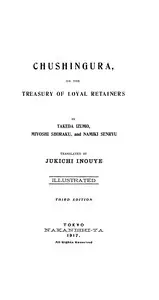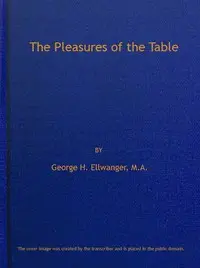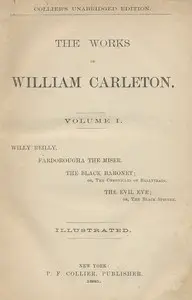"Bushido, the Soul of Japan" by Inazo Nitobe is a historical work that explores the ethical code of Bushido, the samurai way of life, and its lasting influence on Japanese society. The book focuses on virtues like loyalty, honor, courage, and kindness, showing how they shaped the samurai's character and still affect Japanese values today. Nitobe shares personal stories that led him to understand Bushido, explaining how it offered moral guidance beyond religion. Rooted in history, philosophy, and culture, Bushido is shown as a living ethical system that builds character and moral strength, using Eastern and Western examples to explain its important ideas of honesty and loyalty.

Bushido, the Soul of Japan
By Inazo Nitobe
Discover the ancient warrior code that shaped a nation's values, emphasizing honor, loyalty, and courage.
Summary
About the AuthorNitobe Inazō was a Japanese agronomist, diplomat, political scientist, politician, and writer. He studied at Sapporo Agricultural College under the influence of its first president William S. Clark and later went to the United States to study agricultural policy. After returning to Japan, he served as a professor at Sapporo Agricultural College, Kyoto Imperial University, and Tokyo Imperial University, and the deputy secretary general of the League of Nations. He also devoted himself to women's education, helping to found the Tsuda Eigaku Juku and serving as the first president of Tokyo Woman's Christian University and president of the Tokyo Women's College of Economics.
Nitobe Inazō was a Japanese agronomist, diplomat, political scientist, politician, and writer. He studied at Sapporo Agricultural College under the influence of its first president William S. Clark and later went to the United States to study agricultural policy. After returning to Japan, he served as a professor at Sapporo Agricultural College, Kyoto Imperial University, and Tokyo Imperial University, and the deputy secretary general of the League of Nations. He also devoted himself to women's education, helping to found the Tsuda Eigaku Juku and serving as the first president of Tokyo Woman's Christian University and president of the Tokyo Women's College of Economics.














